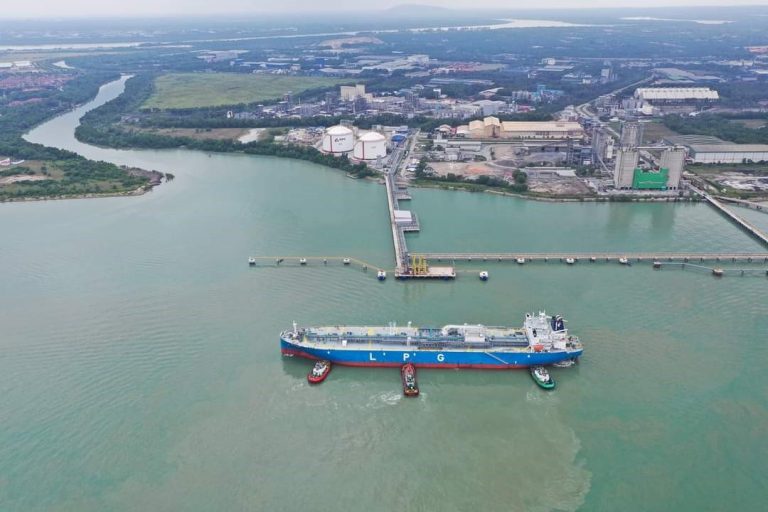Low carbon energy storage company, GES, and independent storage and logistics company, GPS, announced they have combined both businesses to create a major player in the energy storage sector.
The combined business will take on the name Global Energy Storage Group (GES) and the merger further strengthens GES’ position in the market and the new business will explore substantial growth opportunities across all markets internationally.
The new structure is being created to put greater focus on the development of the next generation of energy storage assets. This will help facilitate the growing use of low carbon energies, with an emphasis on cryogenic storage for products such as LPG, LNG and ammonia, which is a promising hydrogen carrier. In addition, biofuels and logistics solutions for the transhipment of CO2 are being pursued.
The new GES group will feature the following four storage assets, with additional business and project developments being pursued globally:
• Port of Rotterdam – Europe’s main port where GES is pursuing the development of storage and logistics infrastructure designed to facilitate energy transition.
• Port of Amsterdam – Substantial hydrocarbon and biofuels storage capacity, supported by a rail link giving access to continental Europe.
• Port Hamriyah – A recently completed storage facility for fuels and petrochemicals located in the Hamriyah Free Zone in Sharjah, UAE.
• Port Klang in Malaysia – Southeast Asia’s largest independent LPG storage terminal, commissioned in May this year, with refrigerated storage and VLGC capability.
The corporate management team will consist of: Eric Arnold as Chairman of GES, Peter Vucins as Group CEO, Alan Hyslop as CFO and Mark Synnott as Chief Technical Officer. Combined, the group will have over 140 employees.
Peter Vucins, Group CEO of Global Energy Storage, said: “As GES Group, we will continue to develop a network of storage terminals with particular emphasis on facilitating the energy transition. With a focus on cryogenic storage solutions – where our team has a proven track record and very strong expertise – we see substantial growth opportunities for LPG in Asian markets but also elsewhere. We believe that LPG can be an important transition fuel as we develop new infrastructure to accommodate future fuels such as ammonia. Domestic energy security, as well as the energy transition, is of paramount importance. Our four assets and advanced project pipeline tackle both challenges.”
Eric Arnold, Chairman of GES, said: “We are really excited about this combination of GES and GPS Group that brings together major international energy assets. By combining the two companies we not only keep the team together but create a platform which positions us extremely well for further growth together with our trusted partners.”



